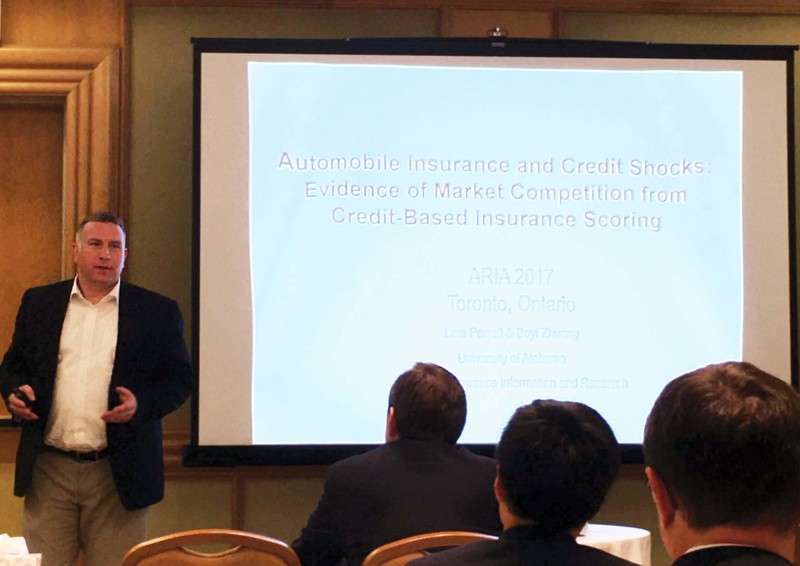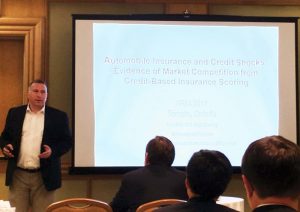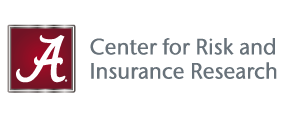
Director Presents at ARIA Conference
- August 10th, 2017
- in Uncategorized
 The summer months offer a full schedule of conference opportunities for researchers. The Alabama Center for Insurance Information and Research (ACIIR) is pleased to announce a full line-up of presentations for its researchers.
The summer months offer a full schedule of conference opportunities for researchers. The Alabama Center for Insurance Information and Research (ACIIR) is pleased to announce a full line-up of presentations for its researchers.
The ACIIR’s representative researchers will attend four conferences with experts from their field between the months of August and November. These conferences are an important networking opportunity as well as a chance to generate interest in the academic and practical contributions the ACIIR provides.
In August, the ACIIR sent Director Lars Powell, Associate Researcher Sebastian Awondo, and Postdoctoral Researcher Boyi Zhuang to the international gathering of insurance experts held by the American Risk and Insurance Association (ARIA).
“Attending others’ presentations and talking with these people offered me some great ideas and insights for future research,” said Zhuang. “Overall, this year’s ARIA meeting was one of the best-organized conferences and it offered a wonderful experience.”
Powell and Zhuang presented their joint project, Automobile Insurance, and Credit Shocks: Evidence of Market Competition from Credit-Based Insurance Scoring to the gathering.
“Dr. Zhuang and I use data on insurance prices and credit scores to estimate a relationship,” said Powell. “Our results show that increasing credit risk actually decreased the price of automobile insurance during the recession. While this result might seem counter-intuitive on its face, we develop a consistent theory and test for empirical robustness. As credit gets worse, insurance pricing becomes more accurate. This forces insurers in a competitive market to reduce prices.”
As the students return to The University of Alabama’s campus this fall, the ACIIR is looking ahead to the upcoming conferences with anticipation.
“The most important reason for attending this type of conference is to learn about other scholars’ research,” said Powell. “At ARIA 2017, I watched 18 research or practice-oriented presentations on a spectrum of insurance-related topics.”

